Peter Szijjarto announced that on Wednesday the Hungarian government will propose in Brussels that the Ukrainian leaders responsible for the death of Hungarian citizen Jozsef Sebestyen be included on the EU’s human rights sanctions list. The minister also provided the details.
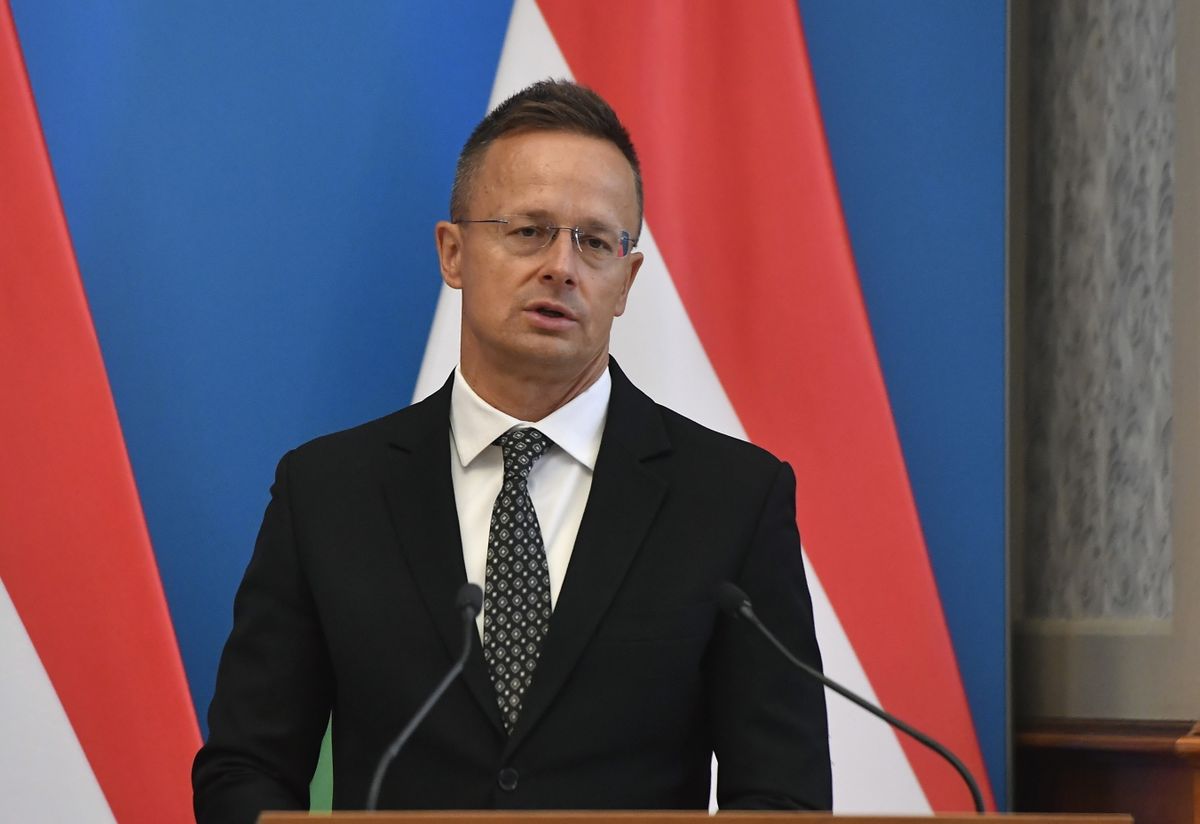
Previously, Hungarian Prime Minister Viktor Orban stated on social media that the government would not let this go unanswered, calling for sanctions against those responsible.
Forced conscription. Jozsef Sebestyen was beaten to death during forced conscription in Transcarpathia,
the prime minister emphasized.
Peter Szijjarto began the press briefing by mentioning Tibor Kapu’s space mission, highlighting his achievements.
“After 45 years, Hungary has successfully completed its second scientific research space mission, at least the phase which involved the Hungarian astronaut's presence at the International Space Station,” he said.
We are proud that Hungary has joined the ranks of countries capable of advancing in global space technology, research and industry by placing a research astronaut mission at the pinnacle of its space program. This mission allowed us to carry out scientific work and experiments that can only be conducted on the ISS, providing significant opportunities for the Hungarian economy to grow and advance further,
Szijjarto emphasized.
He added that it was an honor for the Ministry of Foreign Affairs and Trade to be tasked with executing the space mission seven years ago, and they successfully fulfilled this complex and often challenging task. It was also an honor to work with all the candidates who had the courage and readiness to undertake this important mission as Hungary’s second research astronaut.
He highlighted:
We express our thanks to Tibor Kapu for completing the training and accepting this mission on behalf of 15 million Hungarians. It was an honor for all of us at the Ministry of Foreign Affairs and Trade to coordinate Hungary’s second space mission.
The minister expressed hope that the entire Hungarian nation would feel proud that Hungary can now say it has completed two successful space missions within half a century.
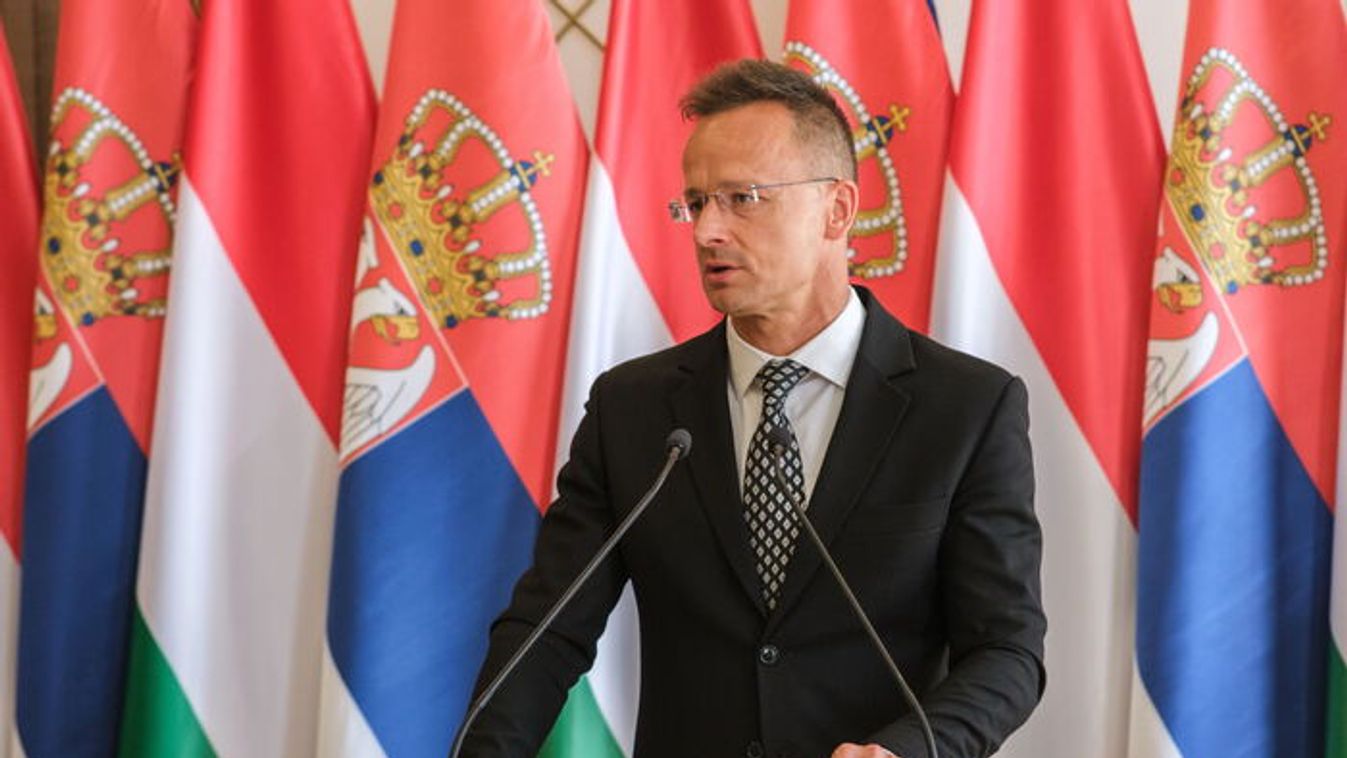
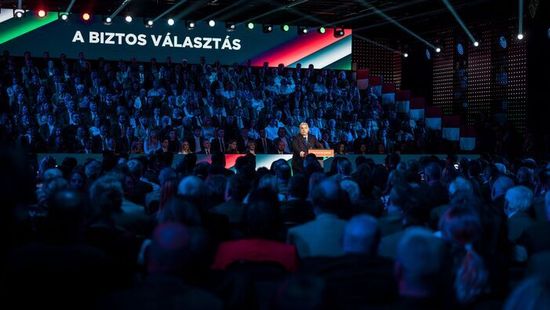
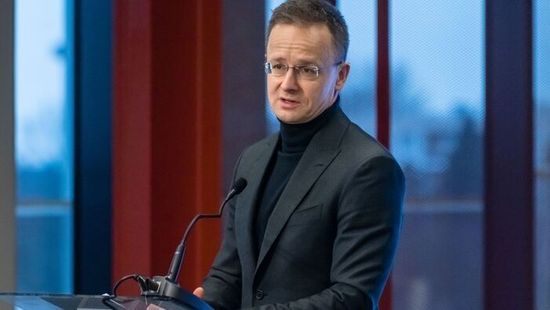
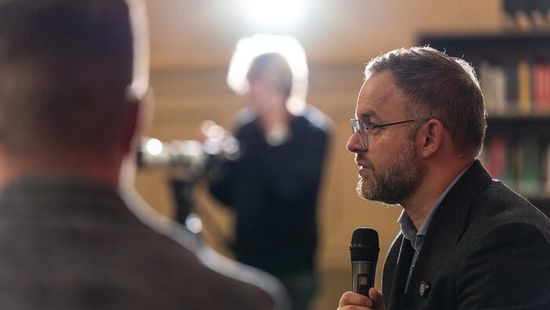
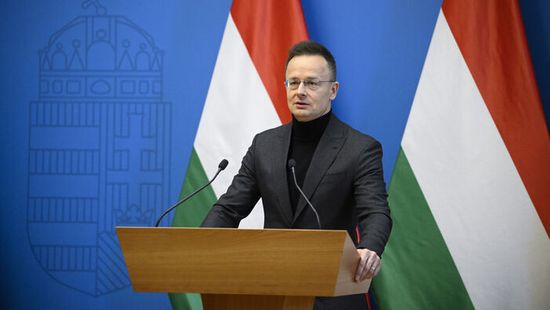


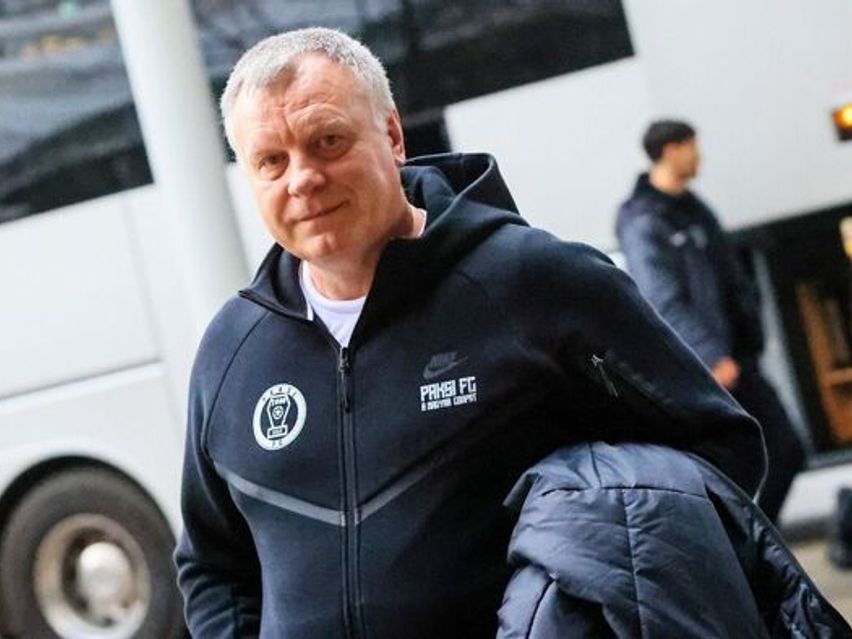



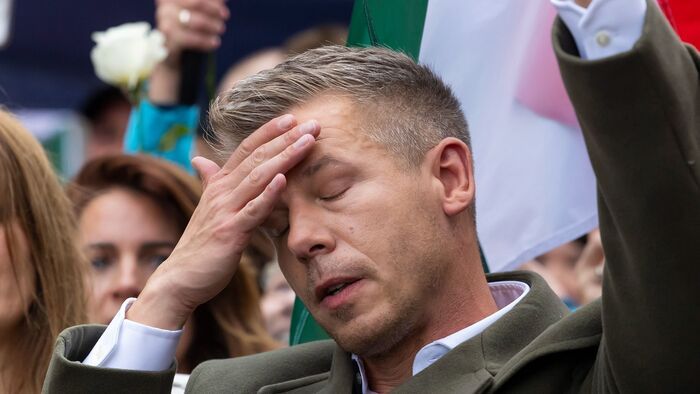
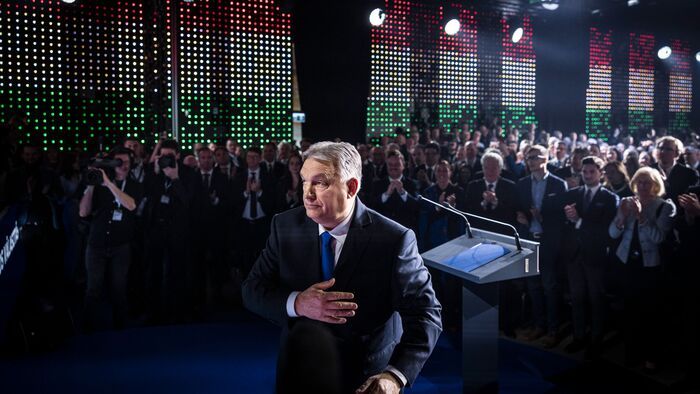

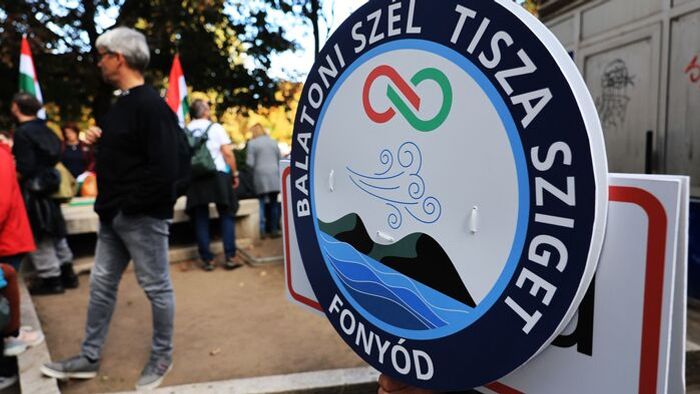
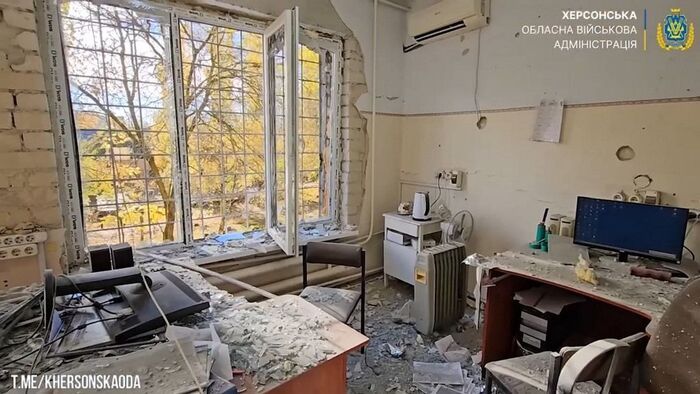
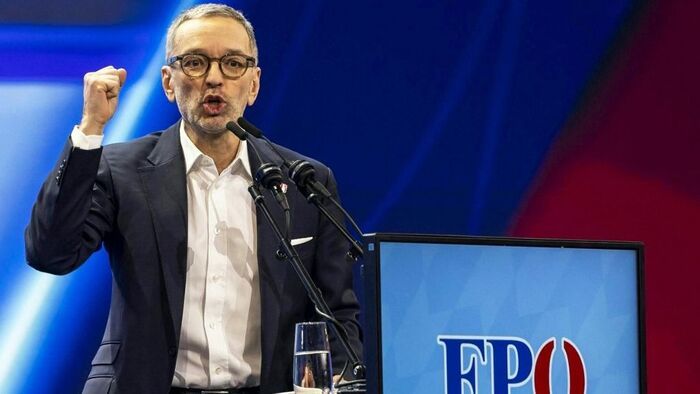
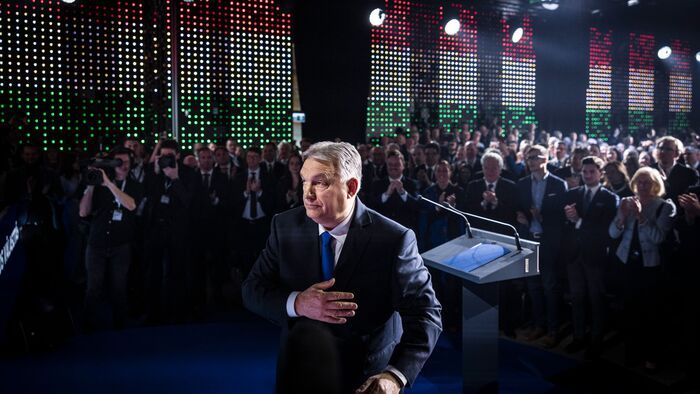



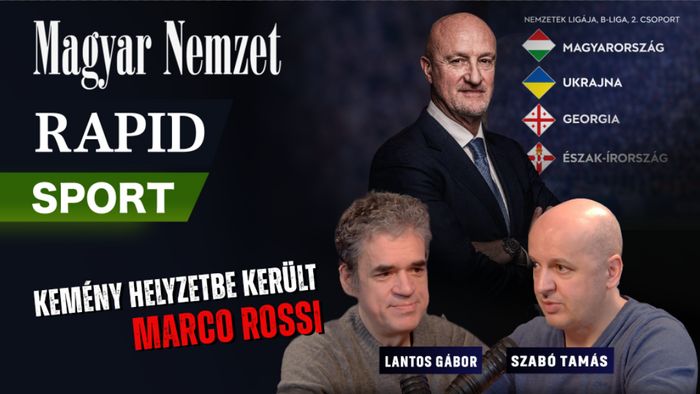

Szóljon hozzá!
Jelenleg csak a hozzászólások egy kis részét látja. Hozzászóláshoz és a további kommentek megtekintéséhez lépjen be, vagy regisztráljon!